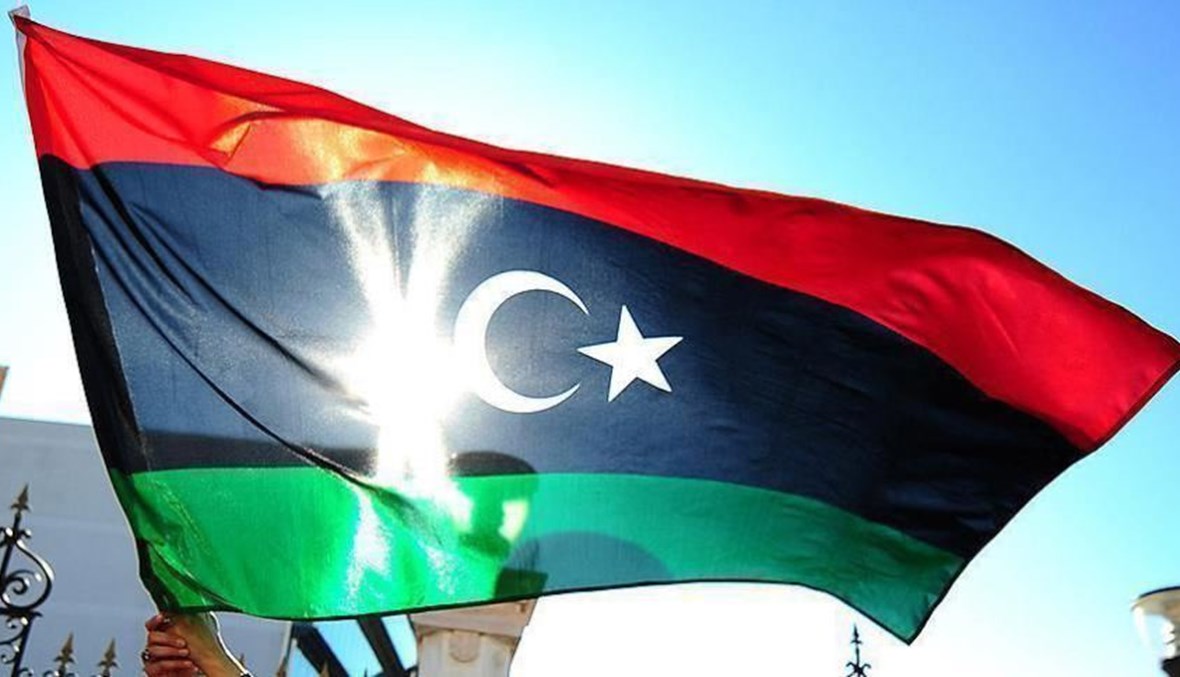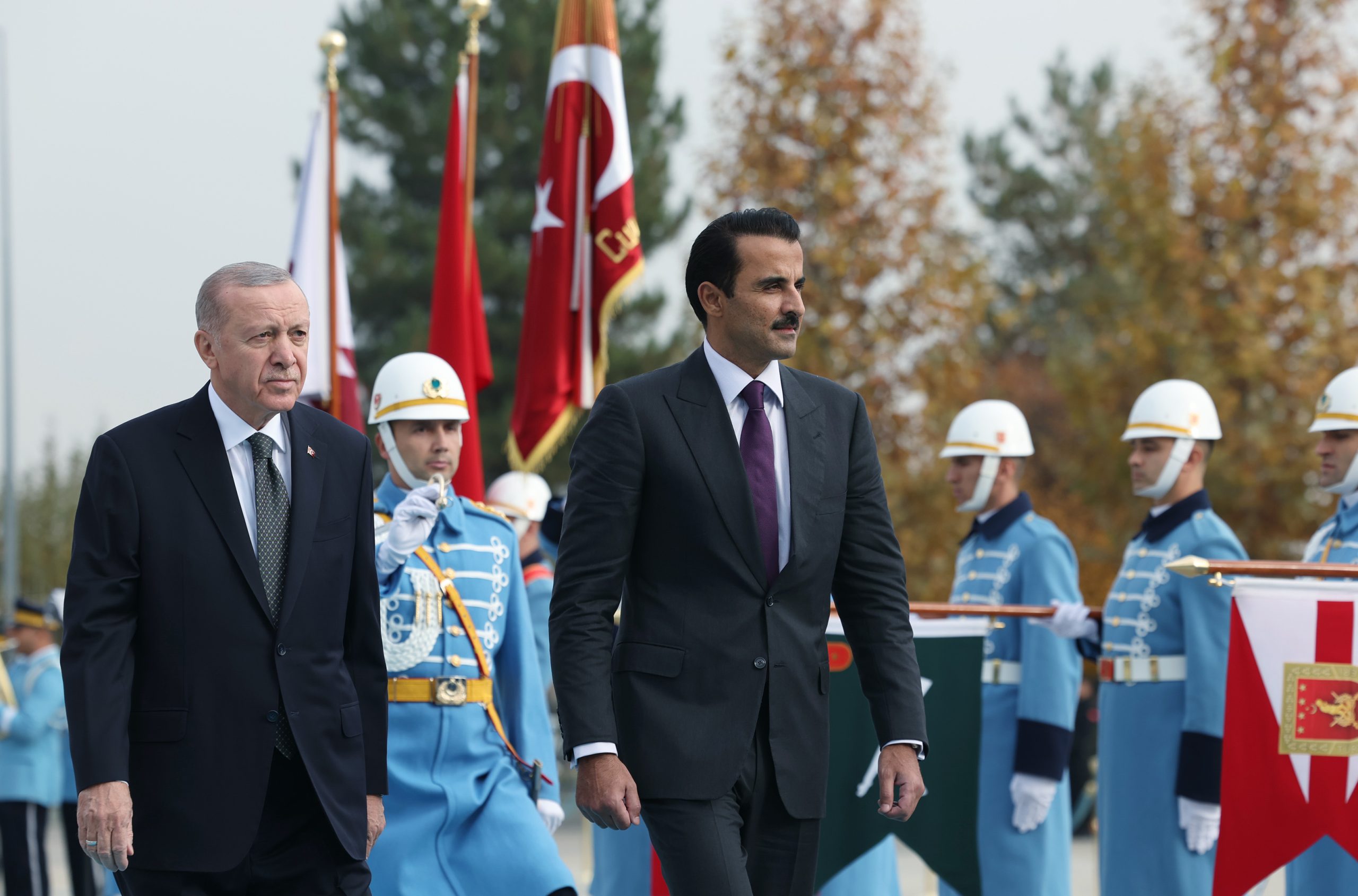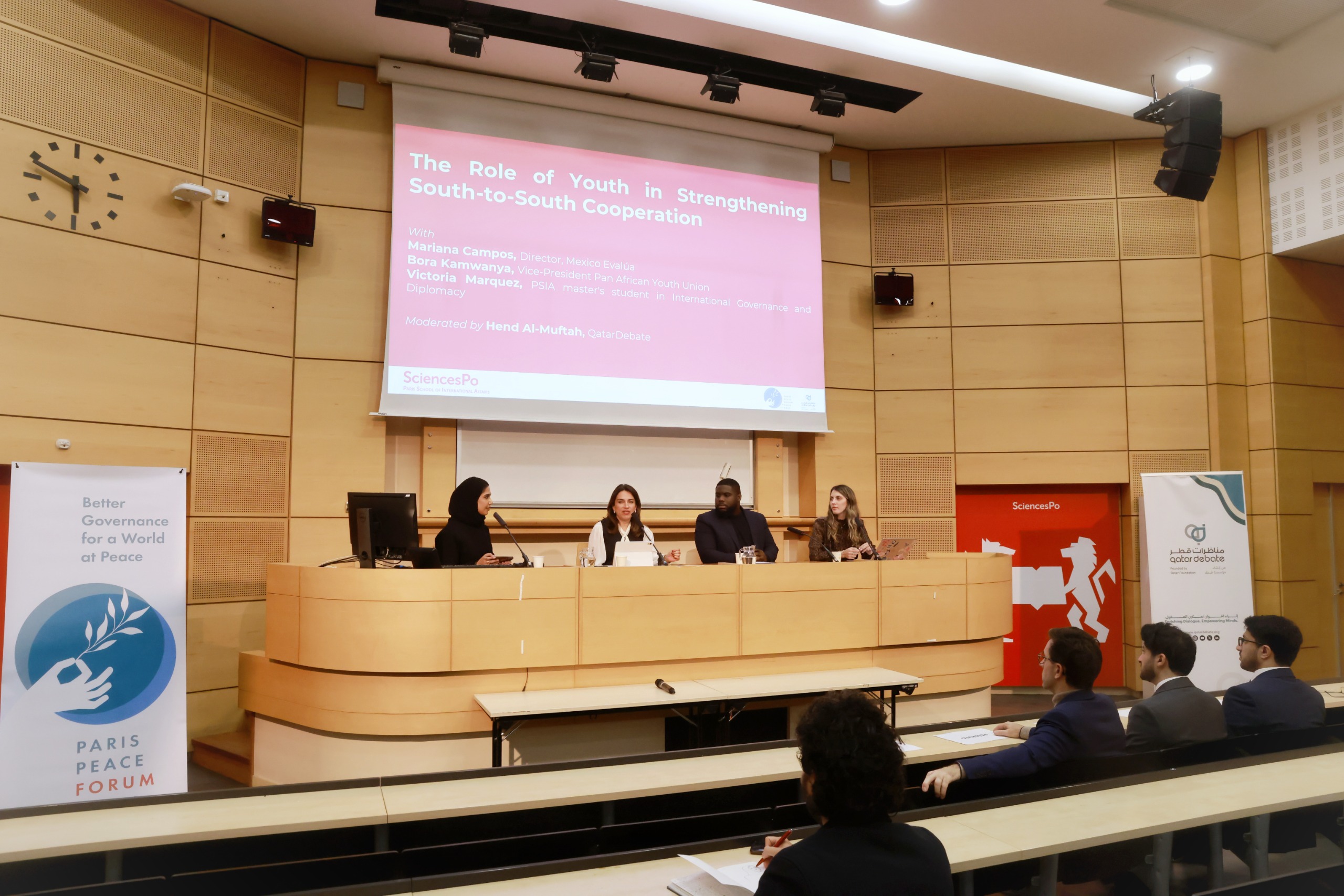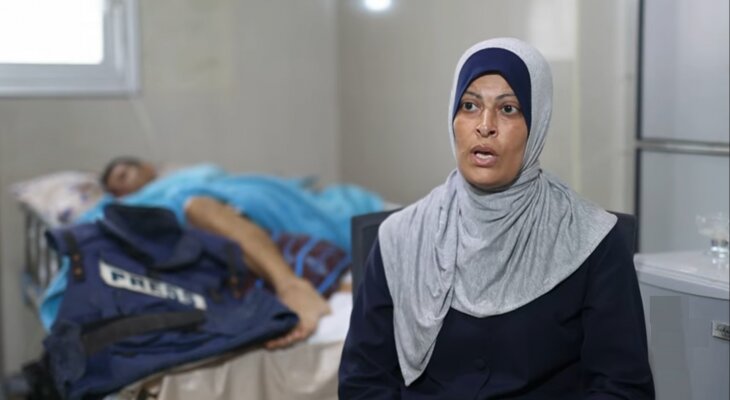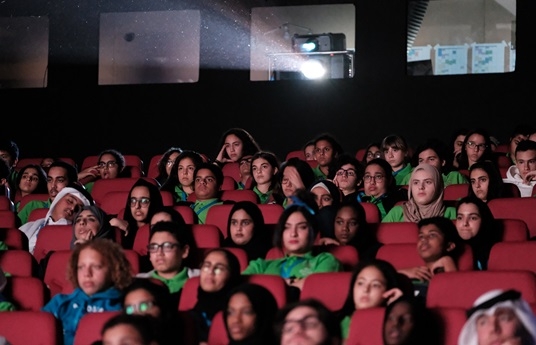Concerns over conditions in Libya have increased, with international organisations urging dialogue and the formation of “a unified Libyan government”.
Qatar renewed its support for peace and stability in Libya on Wednesday in a meeting with Tripoli officials amid calls for a roadmap to elections.
Libya’s affairs were brought up in a discussion between Qatar’s Assistant Foreign Minister for Regional Affairs Dr. Mohammed Al Khulaifi and Libya’s Special Representative of the UN Secretary-General for Libya Abdoulaye Bathily.
The meeting took place on the sideline of the Arab League summit in Algeria, which was attended by Qatar’s Amir Sheikh Tamim bin Hamad Al Thani.
According to Qatar’s foreign ministry, Al Khulaifi praised the UN’s “efforts to resolve differences by peaceful means” in Libya. The Qatari official also reiterated his country’s “support of the political approach to resolving the Libyan crisis”.
In the final statement of the Arab League summit, the Algeria declaration expressed its solidarity with the people of Tripoli and its support for “efforts aimed at ending the Libyan crisis through a Libyan-Libyan solution”.
Libya has been grappling with a worsening political situation amid a delay in elections as well as an absence of a resolution between all conflicting parties.
Throughout the crisis, several rounds of violence have erupted in the war-torn country, the latest of which took place in August and killed at least 32 people.
The escalations were triggered amid rising tensions between the UN-backed Government of National Unity (GNU) and the newly-appointed rival administration of Fathi Bashagha.
The internationally-recognised interim prime minister Dbeibah was scheduled to remain in power until the presidential elections of December 2021. However, the date was changed to January 2022 just days ahead by the High National Election Committee (HNEC).
Bashagha, widely viewed as rogue General Khalifa Haftar’s ally, took power the following month after being appointed by the eastern-based House of Representatives. The move was defended by the parliament which claimed that Dbeibah’s time in office had ‘expired’.
Concerns over conditions in Libya have increased, with international organisations including the UN, urging dialogue and the formation of “a unified Libyan government”.
Last week, Bathily said that August’s clashes “deepened tensions between eastern and western security actors”.

